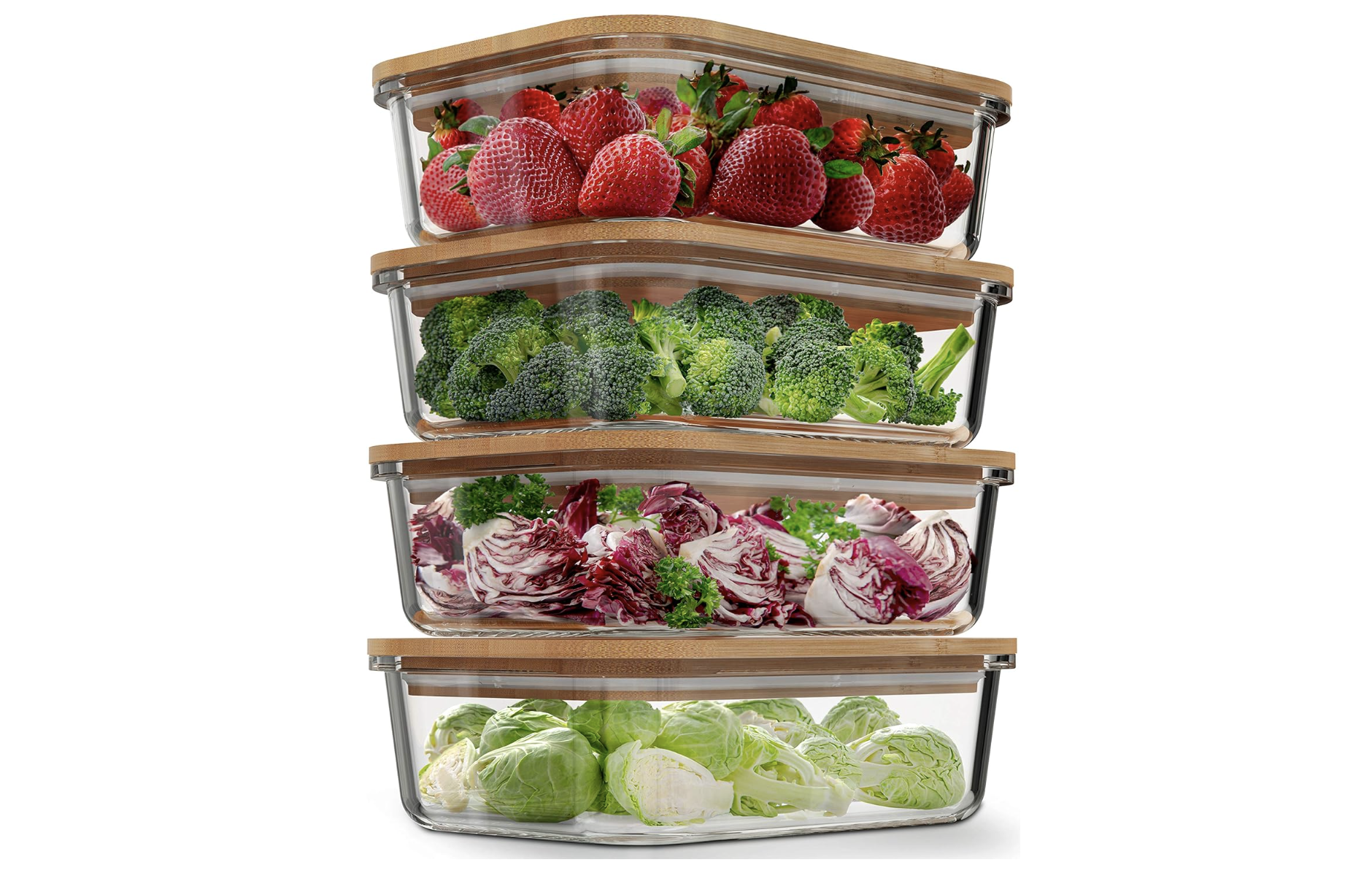Day 19 ❍ Charge That to My Body
Are You Ingesting a Credit Card’s Worth of Plastic Every Week?
Have you heard the claim that we consume a credit card’s worth of plastic weekly? It’s a startling idea, but what do we actually know?
A Glimpse at the Facts
In 2019, the World Health Organization concluded that, based on limited data, there’s no current evidence that ingesting microplastics harms human health. However, as researchers remind us, the absence of evidence isn’t proof of safety—it’s a call for further study. We don’t always have evidence for things we intuitively know are not good for us—your 6th chakra singing now. I mean, I didn’t have evidence that my boyfriend was cheating on me, but I knew something was awry. And then his mistress emailed me. But, I digress.
More recent studies suggest microplastics are everywhere: in our food, water, and even the air we breathe. The “credit card” claim I mentioned has since been reexamined and disputed, according to neuroscientist, Andrew Huberman. Even so, there’s no denying that these tiny plastics are part of our daily lives and could have an effect on our bodies.
But instead of panic, let’s focus on Awareness and Action. Small, intentional changes can make a big difference.
AWARENESS
Everyday Sources of Plastic and Endocrine Disruptors
Here are some common culprits to watch for:
Food packaging and storage
Plastics in containers and wraps can leach harmful chemicals into your meals.Water and beverages
Bottled water and canned drinks are major sources of microplastics and BPAs.Cookware and utensils
Nonstick pans often contain PFAS, which release toxins during cooking.Personal care and fragrance products
Anything with a fragrance—perfumes, lotions, or sprays—often contains phthalates, which disrupt hormones.Clothing
Synthetic fabrics shed microfibers that end up in our water systems.
ACTIONS
3 Easy Ways to Reduce Plastic Exposure
Choose safer food storage and cookware
Use glass, stainless steel, or ceramic containers for storing food.
Avoid microwaving in plastic, even if labeled “microwave safe.”
Opt for stainless steel or cast iron pans instead of nonstick.
Rethink your shopping habits
Stop using bottled water.
Avoid canned goods as they contain BPA’s, BPF, BPS.
Buy in bulk with your own reusable containers—it’s eco-friendly and cost-effective.
Be label-savvy
Look for BPA-free products but beware of substitutes like BPS or BPF.
Avoid products with synthetic fragrances, which often contain hormone-disrupting chemicals.
Avoid ‘fast fashion’ brands - the materials are often more synthetic and they are perpetuating over-consumption and grasping.
Bonus Tips for Detox
Drink filtered water—reverse osmosis is ideal.
Sweat it out with exercise or a sauna session.
Eat more fiber and detoxifying veggies like broccoli and cauliflower.
LISTEN
For a deep dive into the science behind all of this, listen to The Effects of Microplastics on Your Health & How to Reduce Them on the Huberman Lab podcast.
Remember, even small steps add up! The goal isn’t to eliminate every toxin but to reduce exposure where we can. Progress, not perfection, is what counts.
Together, we can take steps toward healthier bodies and a cleaner planet.
“What we eat today impacts our health tomorrow.”
RECIPE PREP INSPO
Glass Tupperware with Bamboo Lids
It’s time to ditch the plastic tupperware. You can do it. Please share your favorite non-toxic containers with me!
Contest 🏆
Attend all 21 classes in 21 days, and you’ll be entered to win an exciting prize! On livestream days, you can participate live or complete the session on demand—it all counts.
On Demand Video ✨ Your 30-minute practice will be posted at 12:00 AM each morning.
Did you know, did you know? Tomorrow is the most important class to come to! You’re doing amazing.
Next Livestream Class: 🌟 Saturday, January 18th 🧘🏻♀️ 10:30 AM *with our final chat after class!

